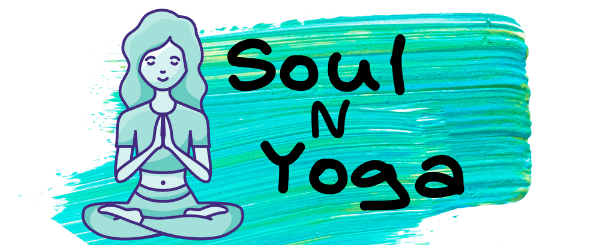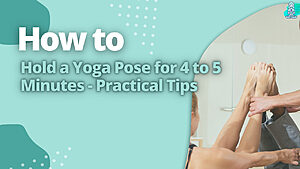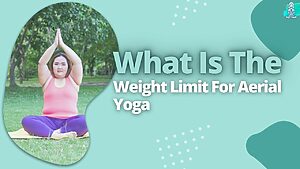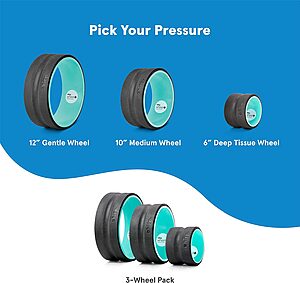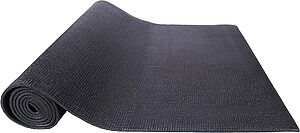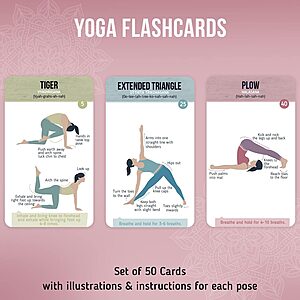Yoga is a popular form of exercise that can have many benefits for your mind and body. You might be wondering if yoga might also make you fatigued, though.
While some forms of yoga may be relaxing, other types can actually be quite strenuous and may leave you feeling exhausted. Yoga might not be the ideal choice if you’re seeking a workout that will make you feel energized.
In this article, I will discuss if yoga can make you tired, what makes you tired after doing yoga, how to avoid feeling tired when doing yoga, and if there are any tips that can help avoid feeling tired from doing yoga.
Key Takeaways
- Yes, yoga can make you tired.
- This is because yoga requires you to use muscles that you may not be used to using, and this can lead to fatigue.
- Additionally, the deep breathing that is often a part of yoga can also lead to feelings of fatigue.
- However, the fatigue caused by yoga is usually short-lived and is quickly replaced by a sense of energization and well-being.
- So, if you’re feeling tired after doing some yoga, don’t worry – it’s perfectly normal.

Here’s The Answer To Can Yoga Make You Tired
The simple answer is yes, and yoga can make you tired. However, there are a variety of factors that can affect how tired you feel after a yoga class, including the type of yoga you practice, the time of day you practice, and your individual sleep needs.
Different types of yoga will have different effects on your energy levels. For example, power yoga classes that focus on building strength may leave you feeling energized, while yin or restorative classes that focus on stretching and mindful breathing may make you feel more relaxed and sleepy.
Your energy level and practice objectives should be a suitable fit for the yoga style you select. In general, practicing yoga in the evening may make you feel more relaxed and ready for bed, while practicing in the morning may help to increase your energy levels for the day ahead.
However, this will vary depending on the individual – some people find they have more energy in the evening, while others find they are more energized in the morning. It’s important to experiment with different times of day to see what works best for you.

The Physical And Mental Demands Of Yoga Can Lead To Fatigue

Yoga is a demanding physical practice. Many yoga poses are held for long periods of time, and the overall structure of some practices requires that you hold difficult poses in between many other poses.
This can cause fatigue, especially if you don’t eat well, sleep enough, or exercise regularly. The mental aspect of yoga can also lead to tiredness as it’s nothing short of an intense workout for your brain.
Yoga classes are usually taught with a focus on breath and meditation, which means that students must concentrate intensely on both movement and thought processes during class time.
Feeling tired after class is normal if you have been working hard during your session.
Try Doing Yoga At A Slower Pace Or In A Less Intense Way
You can also try doing yoga at a slower pace or in a less intense way if you find yourself getting tired easily. This may mean taking breaks to rest, breathing deeply and slowly, and focusing on your body’s movements in the present moment.
You might even consider taking off your shoes and socks while practicing yoga if they tire you out even more (just be sure to practice barefoot on a soft surface). Go for it if this is something that appeals to you.
Be sure not to push yourself too hard, though, because doing so could lead to more fatigue and possibly injury as well. In general, it’s better for beginners’ first experiences with yoga to stick with gentler versions of poses until their bodies get used to them—and then go from there.
A Good Night’s Sleep Is Essential For Recovery From Exercise And For Overall Health
Let me start by saying that a good night’s sleep is essential for recovery from exercise and for overall health. It’s important for your mental, physical, and mood as well as energy levels.
Sleep also plays an important role in immune system function, so it can aid in preventing infections when you’re tired.

In addition to the benefits mentioned above, sleep deprivation can have negative effects on athletic performance. A lack of sleep can reduce motivation and focus while increasing cortisol levels (the stress hormone).
Higher cortisol levels can contribute to weight gain, low energy levels, and increased appetite, which could sabotage your dieting efforts.
Person New To Yoga May Find Feeling Tired After A Yoga Session

You could experience fatigue after a yoga session if you are new to yoga or are not used to physical exertion.
While the practice of yoga is said to be restorative and calming for the mind and body, it is also a very physical practice that can leave you feeling fatigued.
The first ingredient in this recipe for fatigue comes from how difficult some poses can be. If you’re just beginning your yoga practice, some poses may probably feel much more difficult than others.
You may struggle with balance or flexibility while trying some of these moves (as I did). One particular pose I found particularly taxing was Parivrtta Trikonasana (Revolved Triangle Pose)—which is a standing balance and hip-opening yoga asana. It’s one of the most challenging asanas due to its trunk rotation, leg strength, and shoulder flexibility requirements.
Even getting my foot to land correctly without falling into an ungraceful heap on the floor required several tries.
Listen To Your Body And Take Breaks When You Need To
As you get into a yoga routine, you may find that you have become more aware of how your body is feeling. You may notice when you are tired, hungry, or thirsty. If this happens, it’s important to listen to your body and take care of yourself.
If you are tired: rest! Take a break from doing yoga for a while so that your body can replenish its energy levels in the way it needs to do so.
When I am tired at the end of my practice sessions, I like to take a few minutes to lie down on my back with my feet flat against the wall and rest for five minutes before getting up again.

This allows me time for any tension built up in my muscles during class time to dissipate and relax them without me having to think about how much longer I should be lying there (which can sometimes lead me back to thinking about other things besides resting).
Once I am ready again, though—and only then—I will get up off the floor and go about my day as usual (or whatever else needs doing). REST IS GOOD FOR YOU, AND YOUR BODY NEEDS IT!
Understanding The Connection Between Yoga And Fatigue
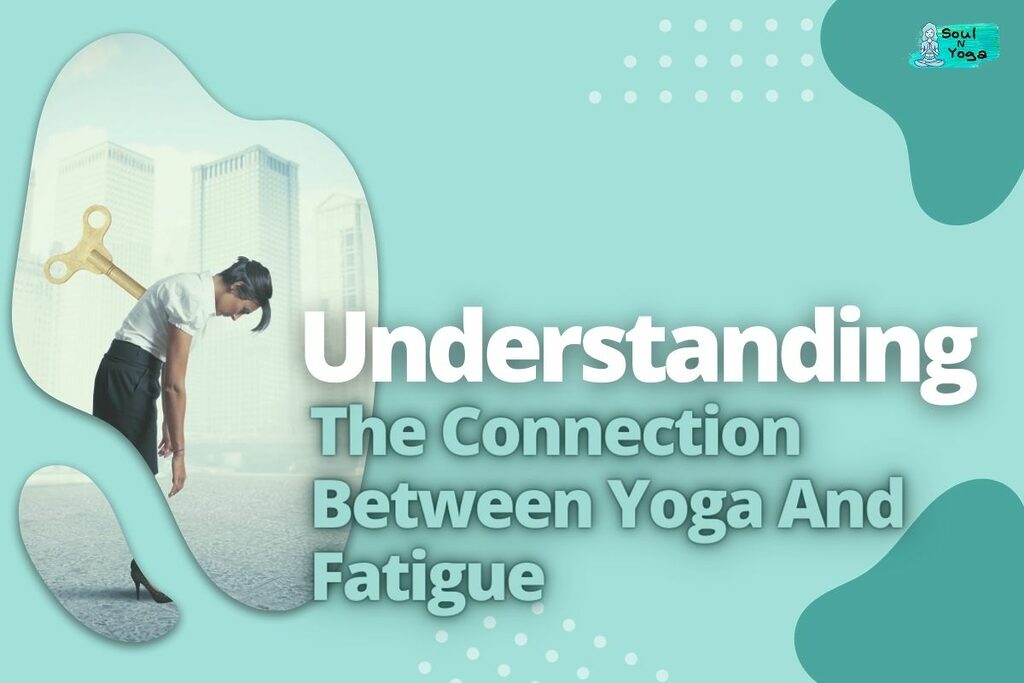
Yoga can make you tired. This is the first thing to know and the most important part of understanding yoga-related fatigue.
This is because of two things: one is that yoga is a form of exercise, just like running or lifting weights (even though it doesn’t involve as much moving around).
The other reason is that yoga is more than just a form of exercise—it’s also an art form, which means its benefits go beyond the physical body and into other areas like mindfulness or spirituality.
It may surprise you to hear that these two seemingly opposite effects are both true at once—that’s because we usually think about them separately rather than together in a holistic way.
How Does Yoga Affect Our Energy Levels?
You may have heard that yoga is a form of exercise. And as we all know, our bodies need rest and recovery to build strength and energy. So with this knowledge in mind, you might think that yoga would leave you tired after an intense session at the studio.
But there’s a good chance that the opposite will happen. Yup, while regular exercise can leave us feeling fatigued, a practice like Vinyasa flow (which can be done at home) actually improves our energy levels by boosting blood circulation and improving cardiovascular health.
You see, when we’re doing something fun or exciting (like going on vacation), our bodies don’t require much effort to get through it—so they save up their energy stores for later use.
How To Overcome Feeling Tired After Doing Yoga?
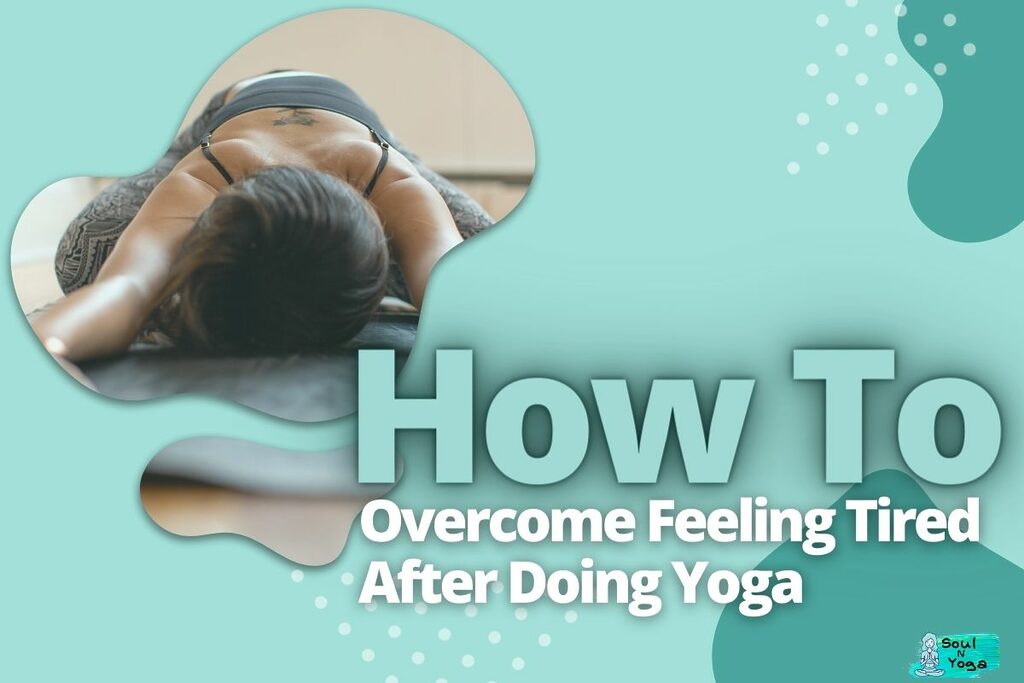
If your body is telling you that it’s time to stop, listen to it. It’s not just an exercise thing; your body is telling you that it needs rest. The most important thing to do when this happens is to make sure you don’t push yourself past the breaking point.
Some people might feel they need to keep going because they are so close to achieving a goal, but in reality, the only way any of us can achieve anything is if we condition our bodies properly.
You should never push through pain or exhaustion (unless instructed by a doctor), especially when it comes to yoga poses and similar things related to stretching and flexibility training.
Some ways of overcoming this tiredness include:
- Taking breaks—You may think taking breaks means skipping some of your routines because no one likes feeling tired after doing yoga but remember that these breaks are important for keeping up with their energy levels throughout practice sessions; therefore, taking them will help relieve stress caused by fatigue issues experienced during workouts!
- Drinking water– As mentioned before, hydration plays an essential role when trying new stuff like stretching activities such as yoga classes where there may be a lack of oxygen inside our bodies.
Tips That Can Help Avoid Feeling Tired From Doing Yoga
Yoga is an excellent way to get in touch with your body and mind, but it can also be taxing on the body. Following are some suggestions for avoiding yoga-related fatigue:
- Drink plenty of water before and after practicing yoga, as well as throughout the day;

- Eat a light, healthy meal before practicing yoga;
- Wear comfortable clothing that allows your body to move freely;
- Take breaks as needed, and listen to your body if you feel like you need to stop;
- Focus on your breath and connect with your inner self during practice.
How To Modify Your Yoga Practice If You’re Feeling Fatigued
- Take a break. If you’re feeling fatigued, it’s okay to take a rest.
- Slow down. In our attempts to be flawless or superior to our neighbors, we occasionally take on too much. If you’re feeling fatigued, slow down and focus on quality over the number of poses. This will increase your strength and flexibility while also assisting in injury prevention if not more than doing more poses while feeling tired would do.
- Do gentle yoga. Gentle yoga is a great option for those who have been practicing for years or are looking for lighter workouts during pregnancy or recovery from an injury (or other times when they need to modify their practice). Gentle Yoga classes usually include all the elements of regular yoga classes but with less intensity and fewer repetitions of each pose; they also tend to focus more on meditation techniques than flow sequences.

Conclusion
Yes, yoga can make you tired. It is a form of exercise, after all. But it can also give you more energy in the long run. If you’re feeling exhausted, try a gentle class or some restorative poses.
Yoga is a great way to improve your health and fitness, but it can also make you tired if you’re not doing it right.
If you start feeling fatigued after doing yoga or are new to the practice, take a break and rest before trying again. The key is to listen to your body and use common sense when exercising so that you don’t overdo it.
Be sure to check out our other articles for more tips on how to improve your practice.
Frequently Asked Questions
How often should I practice yoga if I want to feel more energetic throughout the day?
If you’re looking for more energy, three times per week is a good place to start. Also, you can slowly increase the intensity of your practice as you feel more comfortable.
I get really exhausted after a yoga class, is this normal?
Everyone experiences fatigue differently. For some, yoga classes can be an invigorating and energizing experience. But for others, the relaxation response that yoga produces can actually lead to fatigue instead of increased energy levels. It all depends on your body’s natural reaction to exercise and relaxation.
Why do I feel more tired after doing yoga?
You could experience fatigue following a yoga lesson for a number of reasons. Yoga is a form of exercise, and any type of physical activity can lead to fatigue. Also, the relaxation response that yoga produces can sometimes lead to drowsiness.
Will Yoga make me feel sleepy?
It’s possible. The relaxation response that yoga produces can sometimes lead to drowsiness. If you find yourself feeling sleepy, try a more active class or do some poses that energize the body.
My name is Mugen Seki, and I’m a painter and yoga enthusiast who is passionate about bringing together art and exercise in ways that help people connect with their inner selves. When I’m not painting, I’m practicing yoga. And when I’m not doing either of those things, I’m usually thinking about them.
- How to Hold a Yoga Pose for 4 to 5 Minutes – Practical Tips
- A Guide to Finding the Perfect Yoga Mat for Carpet Floors
- Can You Add Yoga To Fitbit Luxe (Unlock the Power)
- Can You Add Yoga To Garmin Vivoactive (Yoga On The Go)
- Is Aerial Yoga Dangerous (The Scary Truth)
- What Is The Weight Limit For Aerial Yoga (Exploring The Possibilities)
